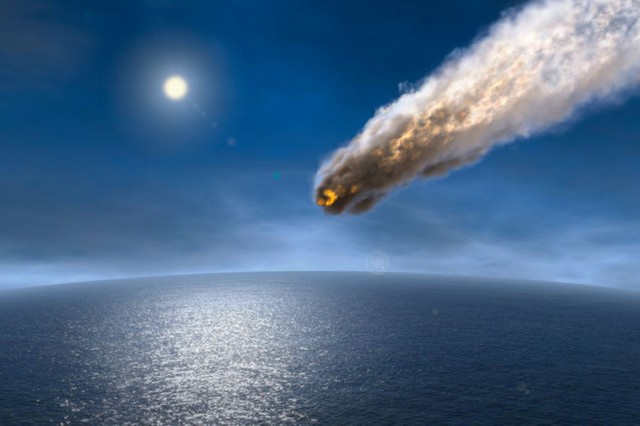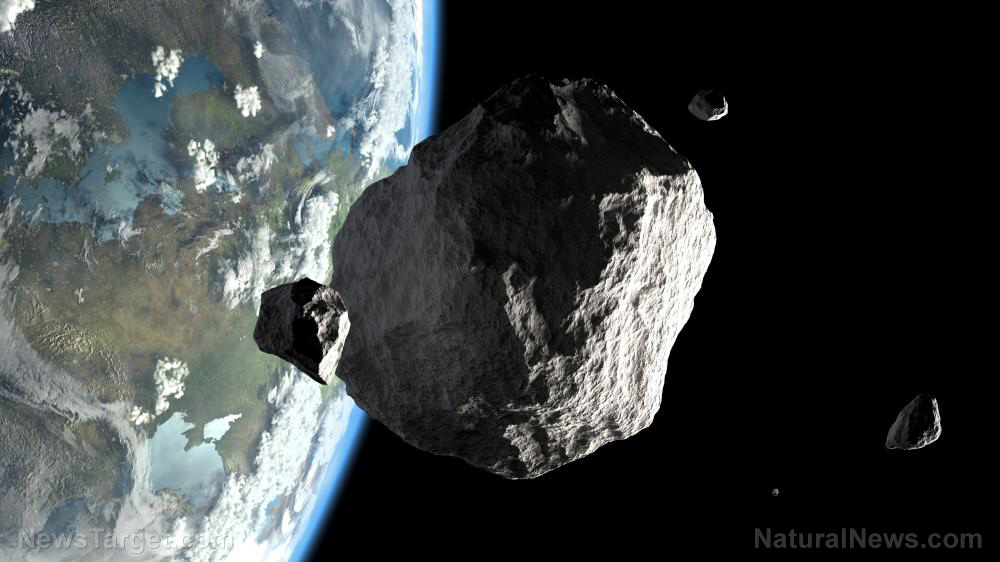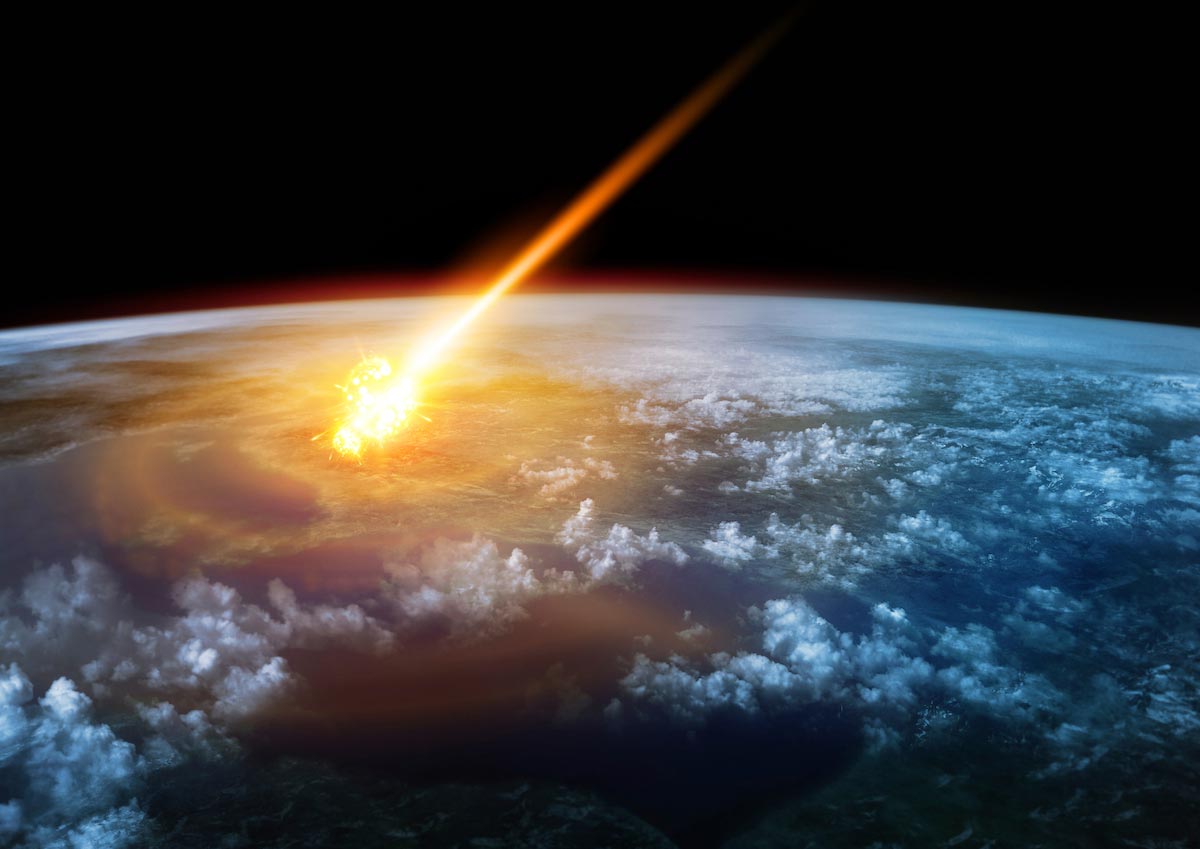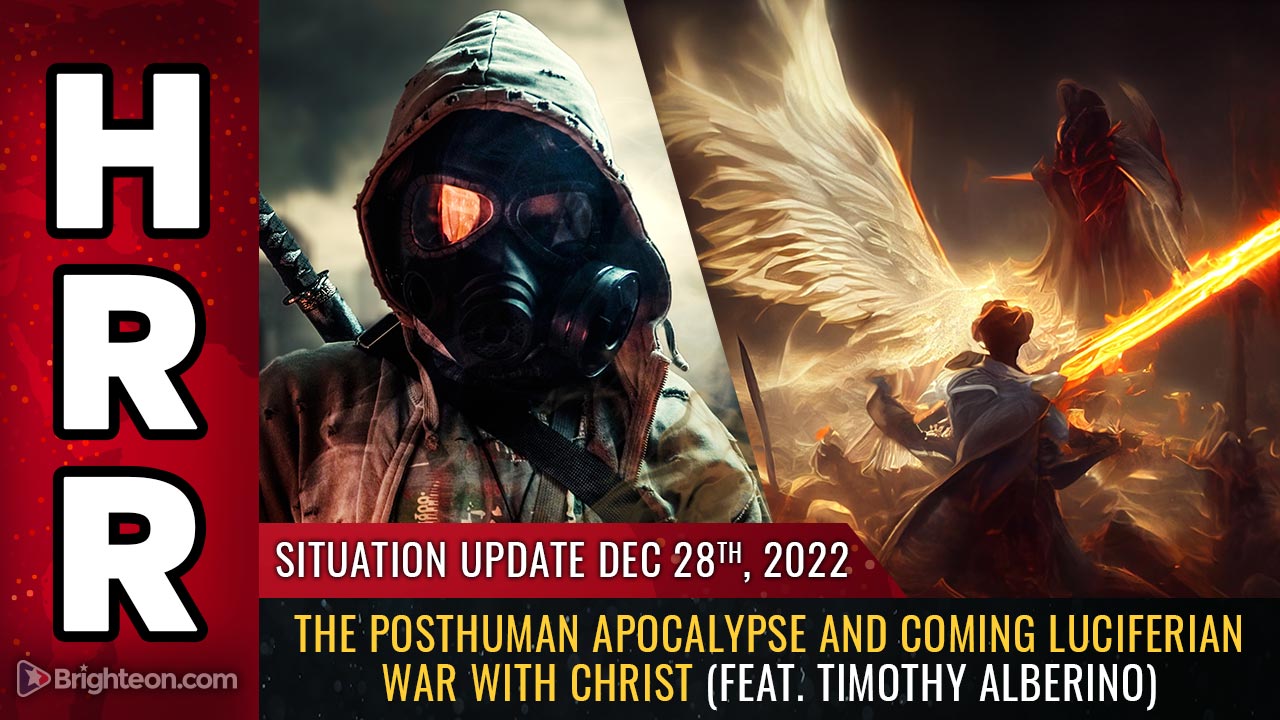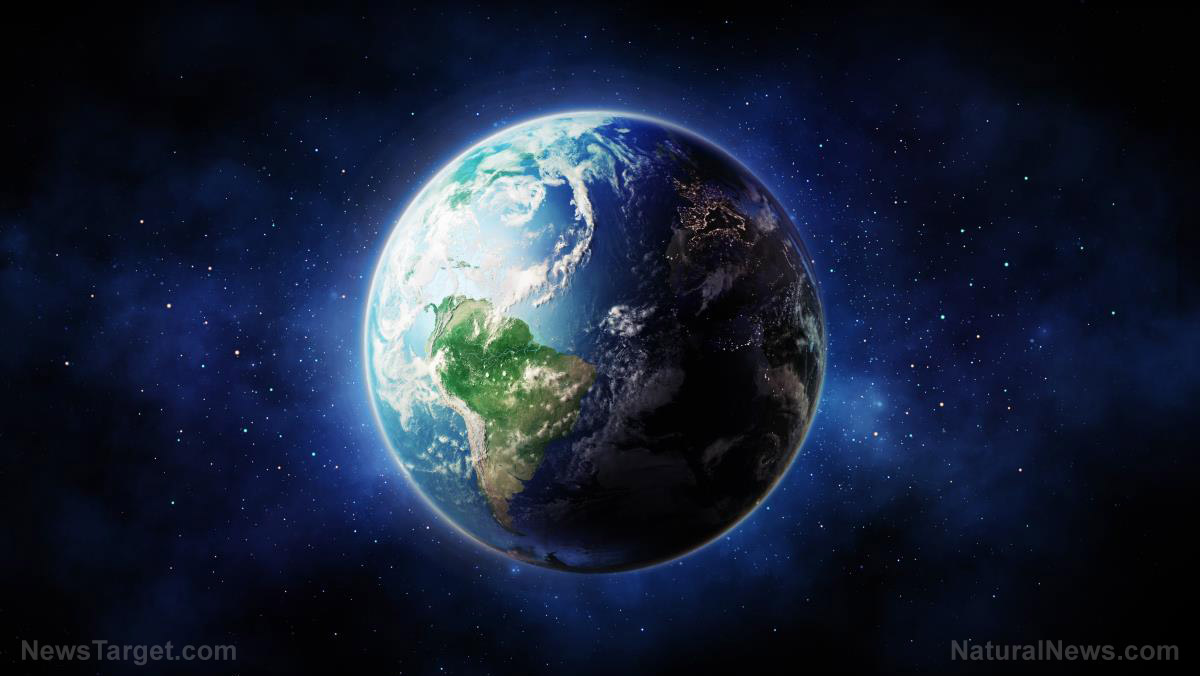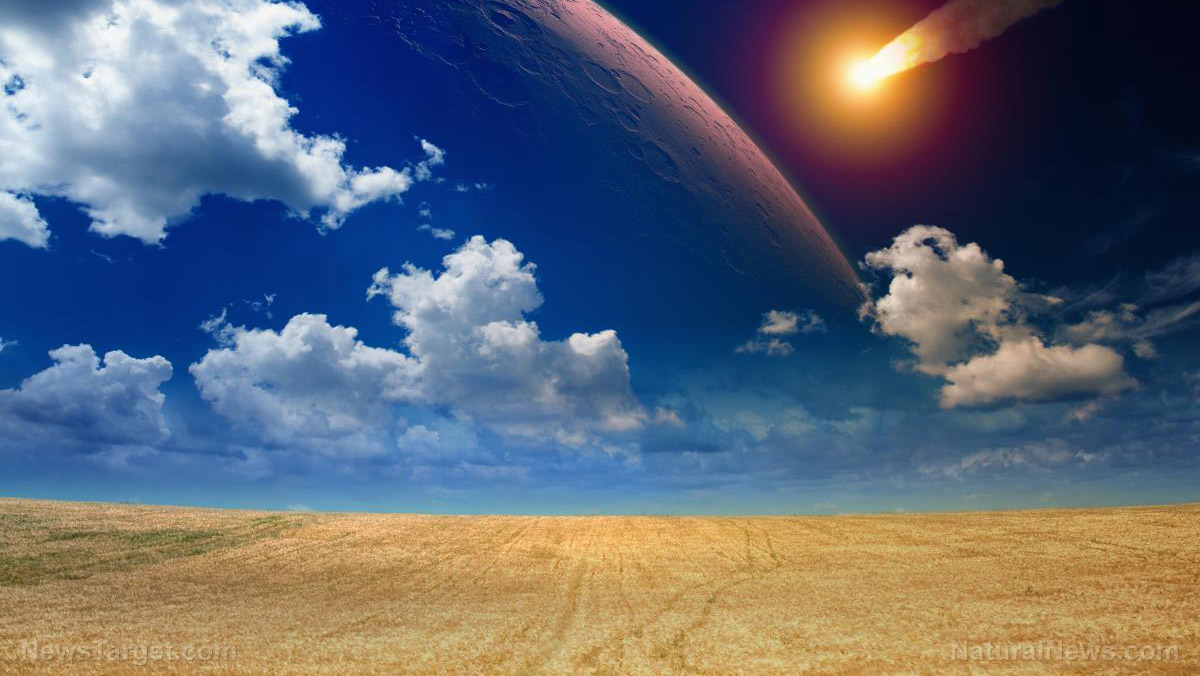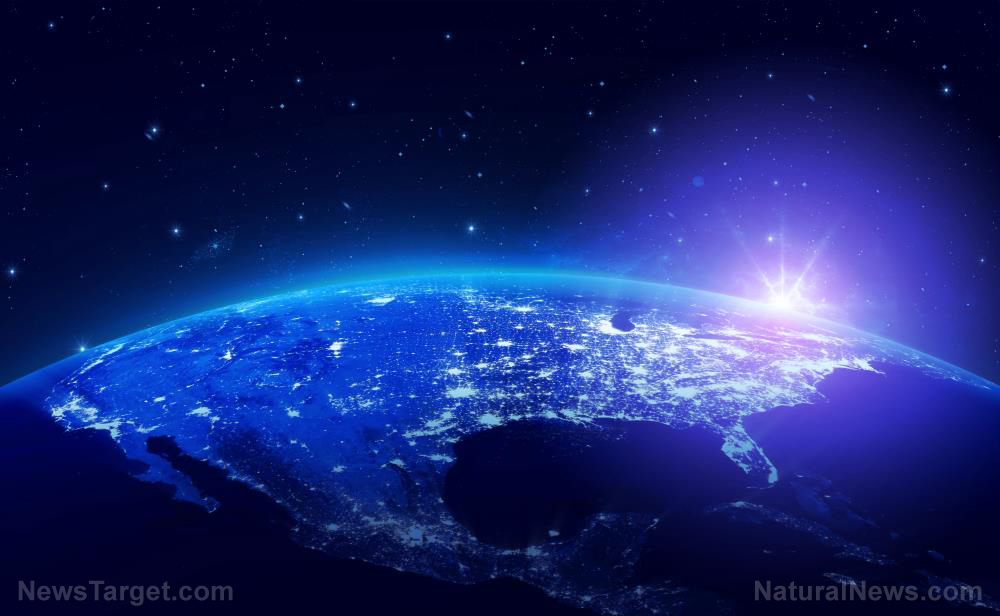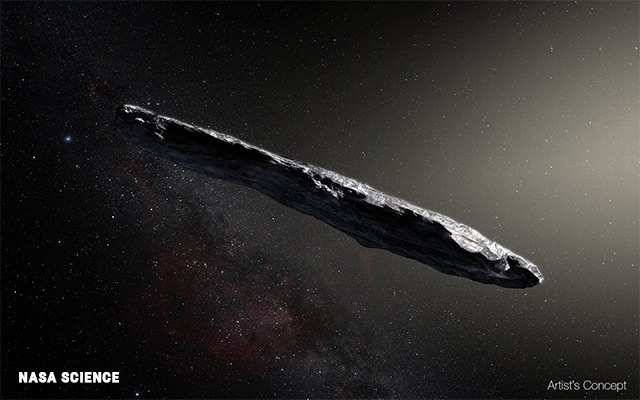Threat of comet impact with Earth much greater than previously believed, according to new study
12/28/2015 / By Chris Draper
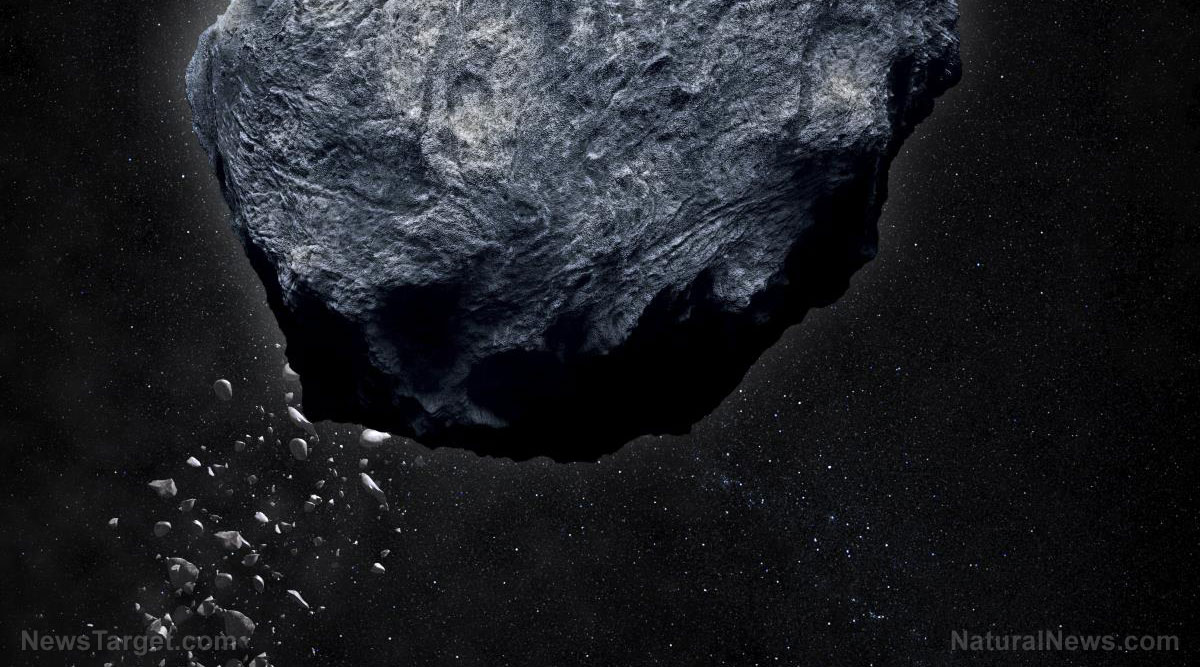
Most asteroids and comets in the solar system do not pose much of a threat to Earth. However, a recent report found that comets outside the solar system are more likely to harm the planet than previously believed. Scientists warned recently that a 60 mile wide belt consisting of Centaurs – distant comets with highly unstable orbits – could launch a mass extinction event.
Most studies that examine potential impact events only focus on debris in the asteroid belt between Mars and Jupiter, according to the researchers. In fact, without Jupiter’s gravitational pull, Earth would be subject to far more asteroid impacts than it already is.
The researchers state that the discovery of hundreds of giant comets known as centaurs needs to be incorporated into future impact studies. These giant balls of ice span 31-62 miles wide, hurtling through space outside of Neptune, the most distant planet from the sun (sorry Pluto).
Their orbits intersect with the orbital paths of the gas giants like Jupiter, Saturn, Uranus and Neptune. The gravitational fields of these planets deflects a comet towards Earth once every 40,000 to 100,000 years.
Centaur impact could trigger decade long winter
As comets are caught by the sun’s gravitational pull, the heat from the star cooks the objects, which causes them to disintegrate. Half of the volume of Pluto, for instance, consists of ice. If Pluto was in the elliptical path of Mercury, the heat from the sun would evaporate that ice, cause it to grow a tail and morph the “planet” into what we identify as a comet.
The debris from the comet’s tail makes an impact inevitable with our planet, according to the researchers. “The disintegration of such giant comets would produce intermittent but prolonged periods of bombardment lasting up to 100,000 years,” the research team wrote in the Royal Astronomical Society journal, Astronomy and Geophysics.(1)
If a centaur collided with Earth, the aftermath would be absolutely devastating. The impact would kick up a dust cloud that blocks sunlight, causing temperatures across the globe to plunge.
New research released by Armagh Observatory and the University of Buckingham states these comets pose a much greater risk to life on Earth than asteroids. They believe such an impact could have been responsible for the extinction of the dinosaurs 65 million years ago. The researchers regard a centaur impact as a “serious hazard.”(2)
Assessing the risks
The researchers went on to press that “assessment of the extraterrestrial impact risk based solely on near-Earth asteroid counts, underestimates its nature and magnitude.” They also noted that just one centaur has more mass than the entire population of Earth-asteroids yet discovered.(1)
“In the last three decades, we have invested a lot of effort in tracking and analyzing the risk of a collision between the Earth and an asteroid,” said co-author Bill Napier of the University of Buckingham.(2)
“Our work suggests we need to look beyond our immediate neighbourhood too, and look out beyond the orbit of Jupiter to find centaurs.
“If we are right, then these distant comets could be a serious hazard, and it’s time to understand them better,” he added.(2)
Scientists suspect comets that collided with Earth in the early solar system may have seeded the ingredients necessary to kick start life. Although comets may be responsible for life, they are also responsible for death, and possibly multiple mass extinctions. The team concluded that there was no known imminent threat but that a collision with a comet is largely unpredictable.
“’A centaur arrival carries the risk of injecting, into the atmosphere… a mass of dust and smoke comparable to that assumed in nuclear winter studies,'” wrote the researchers, referring to the “hypothesised climate effects from the soot that would be released by firestorms caused in an atomic war,” wrote the researchers.(1)
“Thus, in terms of magnitude, its ranking among natural existential risks appears to be high,” they said.(1)
Sources include:
(1) News.Yahoo.com
(2) Express.co.uk
Submit a correction >>
Tagged Under:
centaurs, cometimpact, sixthmassextinction
This article may contain statements that reflect the opinion of the author
RECENT NEWS & ARTICLES
COPYRIGHT © 2023 Comets.news
All content posted on this site is protected under Free Speech. Comets.news is not responsible for content written by contributing authors. The information on this site is provided for educational and entertainment purposes only. It is not intended as a substitute for professional advice of any kind. Comets.news assumes no responsibility for the use or misuse of this material. All trademarks, registered trademarks and service marks mentioned on this site are the property of their respective owners.

